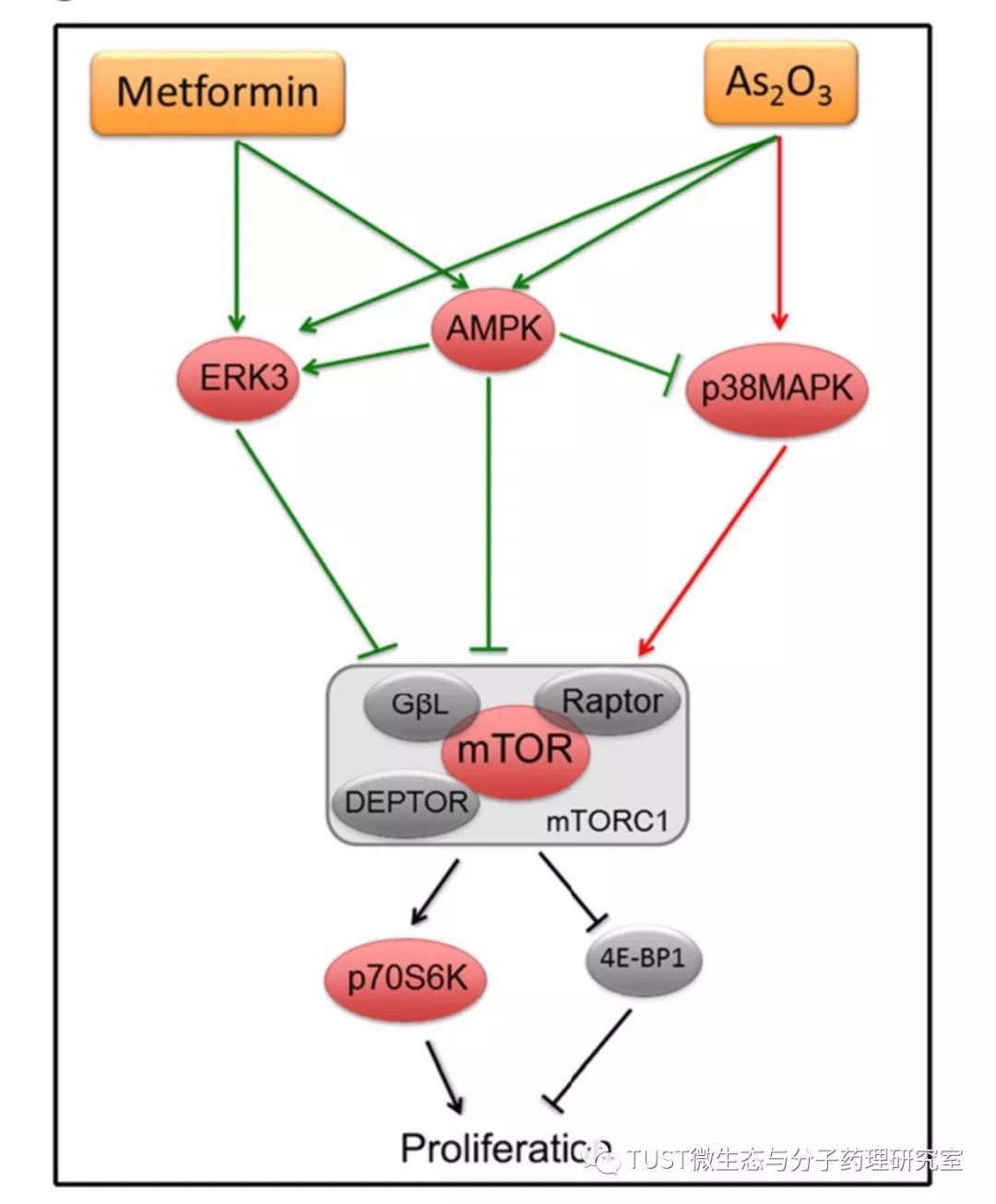Introduction to the background of the article BACKGROUND INTRODUCTION Cholangiocarcinoma can be divided into intrahepatic, periportal and distal cholangiocarcinoma, which is a high mortality rate disease. Intrahepatic cholangiocarcinoma (ICC) is the second most common type of primary liver cancer, and its morbidity and mortality have been increasing worldwide in recent decades. Although the treatment of ICC can be performed by surgical resection, liver transplantation, systemic chemotherapy, transcatheter arterial chemoembolization (TACE), radiofrequency ablation, etc., the prognosis of patients is still poor. Arsenic trioxide (As2O3, ATO) is the most commercially valuable arsenic compound and one of the oldest poisons. It is odorless and tasteless. Its appearance is white creamy powder, so it is called arsenic. Studies have confirmed that ATO has anti-tumor activity in vitro and in vivo, but the use of ATO alone does not benefit patients. To achieve the required therapeutic dose, the risk of side effects of ATO severely limits clinical application. Therefore, new strategies need to be developed to enhance the anti-tumor activity of ATO or to reverse drug resistance, reduce the required dose and ATO-related side effects. In 2017, Sunbin Ling and others from the First Affiliated Hospital of Zhejiang University School of Medicine published in the Journal of Hematology & Oncology ( IF=7.333 , Medical District 1 ) entitled “Metformin potentiates the effect of arsenic trioxide suppressing intrahepatic cholangiocarcinomaâ€. : roles of p38 MAPK, ERK3, and mTORC1 " article on the above issues were explored. 02 Main method used METHODS 1. Cell culture 2. Real-time cell growth monitoring 3. Cell viability assay 4. Cell cycle, apoptosis and ROS detection 5. Western blot 6. Xenograft model analysis 7. Immunofluorescence 8. TUNEL test 03 Summary of the main contents of the article ABSTRACT Arsenic trioxide (ATO) is a traditional Chinese medicine used primarily for the treatment of acute promyelocytic leukemia (APL). For solid tumors, although a large number of studies have confirmed that ATO has antitumor activity in vitro and in vivo, the use of ATO alone does not achieve satisfactory results, and its side effects when treatment requires increased dose (eg, drug resistance). It also severely limits the clinical application. However, it is worth noting that ATO will still show therapeutic effects with controlled toxicity when used in combination with other drugs or radiation therapy. Metformin is a widely used anti-type 2 diabetes drug widely used around the world and is also considered to be an effective drug for the prevention and treatment of cancer. In 2013, studies showed that metformin inhibited the growth of ICC cells. Epidemiological studies have shown that in diabetic patients, the use of metformin can reduce the risk of ICC by 60%. In addition, the study also found that metformin can effectively enhance the sensitivity of ICC cells to chemotherapy drugs such as sorafenib, 5-fluorouracil, and arsenic trioxide (ATO). The efficacy of metformin alone in the treatment of ICC is not ideal, but combined with conventional chemotherapy can improve the efficacy. RESULTS: Metformin and ATO synergistically inhibited ICC cell proliferation by promoting apoptosis, inducing G0/G1 cell cycle arrest, and increasing intracellular ROS. Combination therapy with metformin and ATO is effective in reducing the growth of ICC in ICC xenograft models. In a mechanism, antibody array analysis showed that ERK3 changed the most in CCLP-1 cells after metformin and ATO treatment. Western blot results confirmed that metformin and ATO synergistically inhibited mTORC1, activated AMP-activated protein kinase (AMPK), and up-regulated ERK3. Metformin abolishes ATO-induced activation of p38 MAPK, which is partially dependent on the activation of AMPK. Inhibition of p38 MAPK by SB203580 or specific siRNA can promote the inactivation of mTORC1 in ICC cells treated with metformin and ATO. Activation of p38 MAPK may be responsible for ICC resistance to ATO. Although there is no clear definition of the relationship between p38 MAPK and ERK3, AMPK is a newly discovered positive regulator of ERK3. Overexpression of EKR3 inhibits ICC cell proliferation by inactivating mTORC1, and the expression of ERK3 has a good correlation with the prognosis of ICC patients. Conclusion : Metformin enhances arsenic trioxide sensitivity and inhibits intrahepatic cholangiocarcinoma by regulating AMPK/p38 MAPK ERK3/mTORC1 pathway. ERK3 is a novel prognostic factor for ICC and plays a role in tumor suppressor in ICC. Boost your health with top quality herbal medicine extracts. Find natural solutions for immunity and stress relief. Shop now for amazing deals! Herbal medicine, natural remedies, traditional healing, holistic treatment, alternative therapy, herbal supplements, plant-based medicine, herbal remedies Shaanxi HuiKe Botanical Development Co.,Ltd , https://www.oasis-hk.com
J Hematol Oncol: Metformin enhances the effect of arsenic trioxide on intrahepatic cholangiocarcinoma